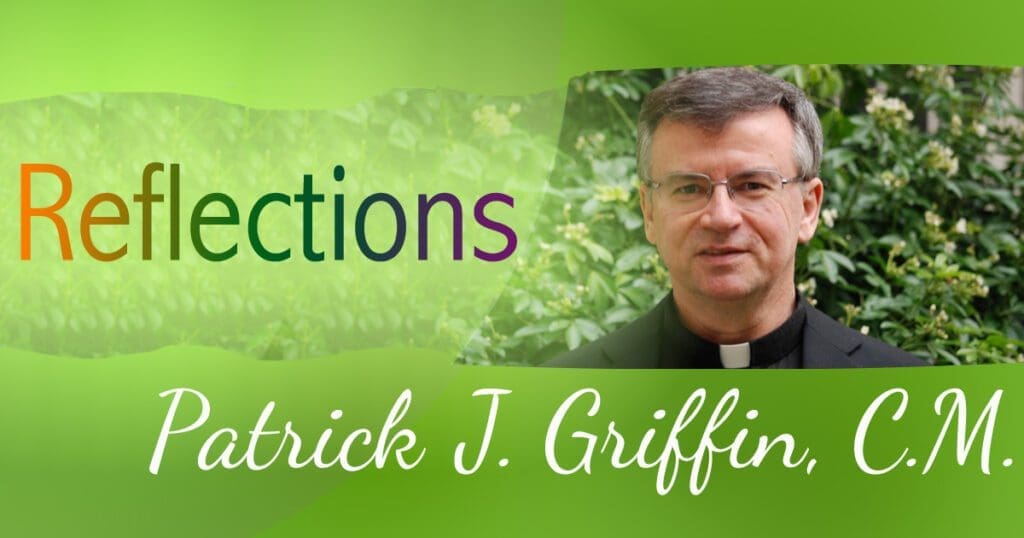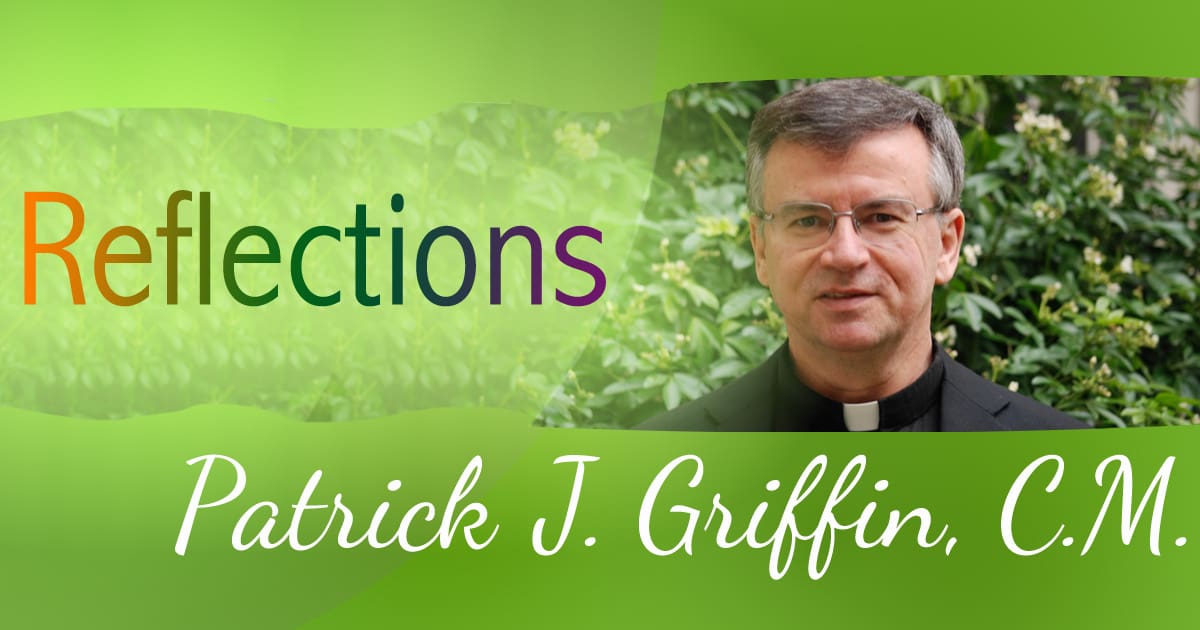A Vincentian View: Psalm 100
Sometimes, I need to preach on a Psalm. This past Sunday, our liturgy offered Psalm 100 as our response to the first reading. This Psalm’s insistent and praise-filled thrust captures my attention.
Notice how the first verses (v. 1-2) summon us to joyful worship.
Shout joyfully to the LORD, all you lands;
serve the LORD with gladness;
come before him with joyful song.

Hear the call to happiness that starts this wondrous prayer! This ebullient posture defines our presence before the Lord. Joy should characterize our words and actions as we draw near. Paul’s encouragement to the Philippians (4:4) can ring in our minds and hearts: “Rejoice in the Lord always; again I will say, rejoice.”
Then, the second part (v. 3) invites us to confess whose we are:
Know that the LORD is God,
he made us, we belong to him,
we are his people, the flock he shepherds.
God brought us into being; God cherishes us as the divine possession. We connect to our creator and keeper as sheep to a shepherd. The New Testament can fill our minds with stories of the lost sheep, the lost coin, the lost son, and others to remind us of how we belong to God and God seeks us out when we are separated from him. We proclaim this truth in our central prayer, the “Our Father,” and in the often-repeated affirmation of Israel “you shall be my people, and I will be your God” (Exod 16:7).
The third part (v. 4) of the Psalm suggests the demeanor that should characterize the approach to our God: thanksgiving, praise and blessing.
Enter his gates with thanksgiving,
his courts with praise.
Give thanks to him, bless his name;
We do not stoically or mutely enter the presence of God. We do so with gratitude, worship and benediction. The opportunity to draw near to the Lord fills our hearts with devotion and adoration. Our Scripture flows with stories that summon us to gratitude (the ten lepers), prayers that give glory to God (magnificat, benedictus, nunc dimittis), and Psalms that call us to bless/praise God’s name (16:7; 104:1; 113:2-3).
And, in a fourth part (v. 5), Psalm 100 concludes with the exaltation of some of the virtues of our God:
Good indeed is the LORD,
His mercy endures forever,
his faithfulness lasts through every generation.
Listing all the positive attributes that identify our God presents an impossible task. He is virtue itself. Psalm 100, however, proposes three for our consideration in this short prayer: goodness, mercy, and faithfulness. They highlight the eternal character of the One upon whom we call and depend.
Read through this Psalm again. Do you hear the way in which it offers reflective and repetitive affirmations of our God? The Psalm gives us not only a prayer, but encourages the stance and content that can drive our prayer.







0 Comments